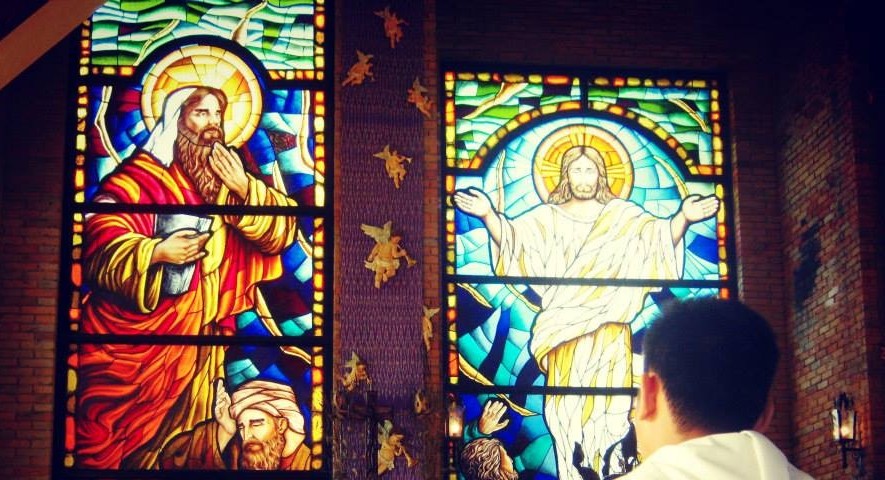The Epiphany of the Lord
January 7, 2024
Matthew 2:1-12 [B]
The Christmas season ends with the feast of Epiphany. This ancient feast is associated with the story of the Magi from the East who visited the child Jesus in Bethlehem. The story is a fitting conclusion to the Christmas season since the Magi represented the nations of the world who came and worshiped the newborn king. Jesus was born not only to be the Messiah of the Jews but also the Savior of the nations.

The identity of the Magi remains largely a mystery. The earliest depiction in the Basilica of the Nativity in Bethlehem presented them dressed in Persian clothes (presently Iran). But, some fathers of the Church believed that they were Chaldeans (now Iraq). Others still argued that they were coming from northern Syria because they were thought to be the descendants of Baalam (see Num 22). Finally, we are not really sure. The Bible describes them as ‘Magos’; in the Bible itself, ‘Magos’ has ambiguous meanings. The word Magos can be negatively associated with a sorcerer, one who practiced magic and even to earn money and fame (see Acts 13:6). Yet, the term can also be translated as a sage or wise man, one who dedicated himself in search of Truth.
The Church’s traditions tend to see the Magi as the wise men from the East. These were people who offered their lives in search of the Truth. Yet, living two millennia before us, they did not enjoy the fruits of scientific revolutions and methods. They had to rely on limited resources and information, often mixed with myths and superstitions. They did not have chemistry yet, but rather alchemy (protoscience that aims to transform one material into something else like gold or medicine). They did not yet understand astronomy principles but contended with astrology (a pseudo-science that reads the celestial bodies and how they relate to human fates). The majority of their literature probably dealt with magic rather than true science.
However, despite their limitations, God recognized their sincere effort and thus led them to the Truth himself through the star. After all, God placed in their hearts the profound thirst for Truth. They proved their commitment as they left their palaces’ comfort and embarked on a long, dangerous journey. We are also not sure what Baltazar, Melchior, and Gaspar (as the tradition calls them) truly experienced when they discovered Jesus, the Truth. We are confident that the Magi are the symbols of humanity in search of Truth for God Himself.
Like the Magi, God also created us as beings that possess a fundamental hunger for Truth. Unfortunately, this hunger for Truth does not find its fulfillment because of sins. The sin of laziness poisons our desire for Truth and chains us in our comfort zones. The sin of lust turns our desire for Truth into carnal desire. The sin of pride makes us believe that we already possess the Truth and we do not need God’s grace. Learning from the Magi, we recognize that sciences are also parts of God’s providence to lead us into ultimate Truth to Himself.
Rome
Valentinus Bayuhadi Ruseno, OP

